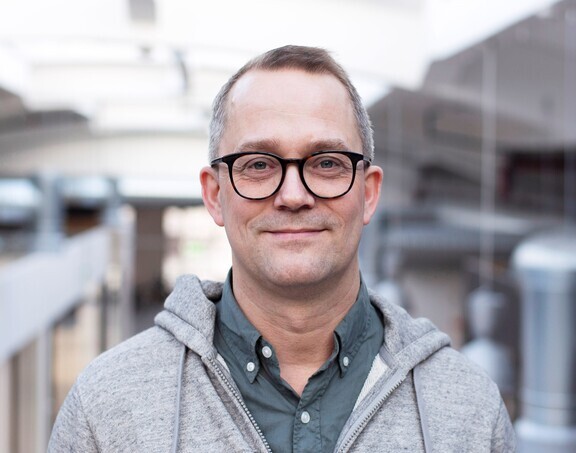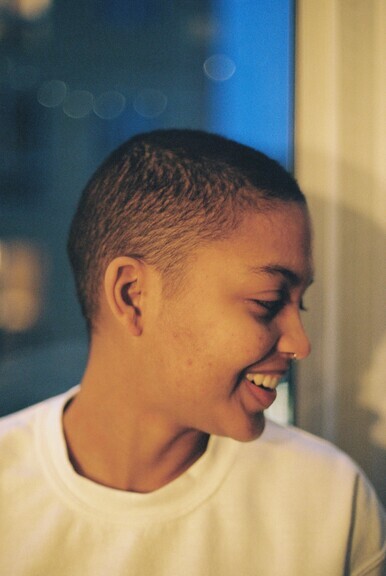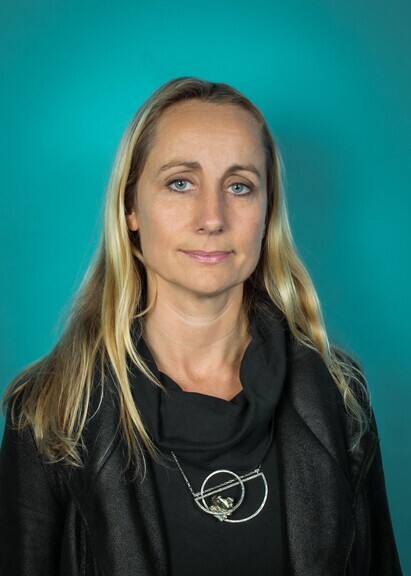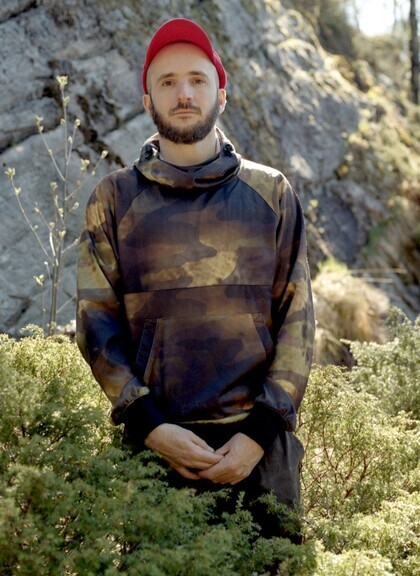Seminar/Conference
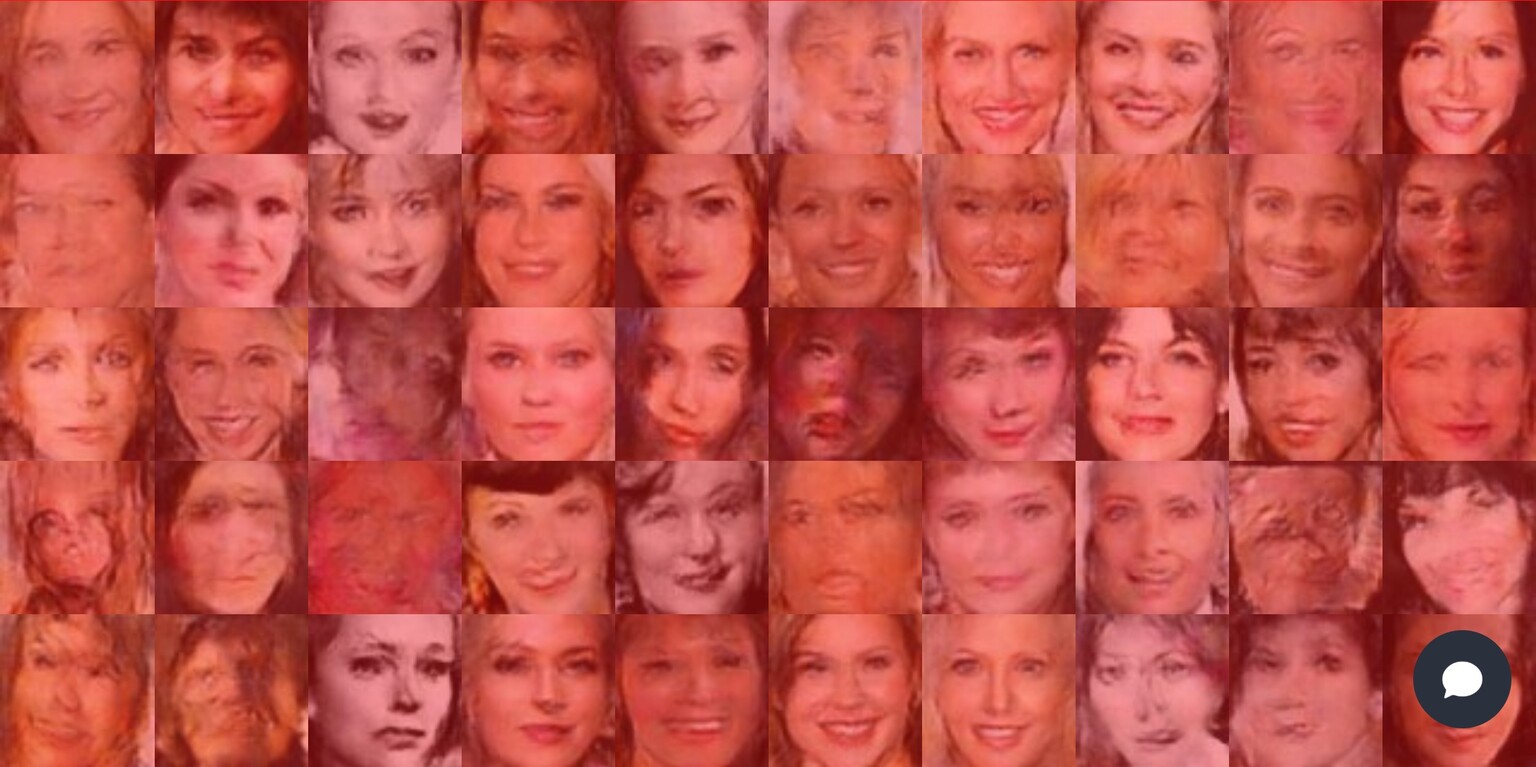
Agenda: AIAIAI Artificial Intelligence
How to understand the making of the AI, and the AI as maker.
Program
0930-1000 - Coffee and mingle
100-1005 - Introduction by Marius Moldvaer
1005-1050 - Marius Watz
1100-1145 - Gabriele de Seta
1200- Lunch
1300-1330 - Birgitte Aga
1345-1430 - Lara Okafor
1430-1500 - QandA
When I was young – and still probably – I could not get enough of science fiction. I was constantly devouring books, films, and tv-series exploring both outer space and the future, the magical and the catastrophic – while at the same time asking basic questions concerning our humanity and society. Within this genre, this world of extraordinary tales, were the machines, the computers, that a lot of the time had an intelligence, an artificial Intelligence, and in the same manner that science fiction as a whole asked questions about humanity, artificial intelligence asked questions about what a human being was, and is, and how we were to understand the mind and the machine. From the beginning of time the question of the automata, the robot, and the creation of life has been an ethical question, one that we constantly grapple with, and that we use to question ourselves, and now, with the later years emergence of AI, used to generate text, images, videos and conversations, the question arises again, but then not as a far flung tale of future and outer space, but how it will affect our society. In this Agenda we will be grappling with this question, then especially when it comes to Art and Craft, and the question it poses on originality, work, and how we are to understand the making of the AI, and the AI as maker.
Marius Watz
Marius Watz is an artist working with visual abstraction through generative systems and computational processes since 1994. He has exhibited at venues like Victoria & Albert Museum (London), Todaysart (The Hague), Museumsquartier (Vienna) and ROM (Oslo). Watz has been a lecturer at New York University and the Oslo School of Architecture and Design (AHO). He currently works as a design technologist at Capgemini Invent.
Gabriele de Seta
Gabriele de Seta is, technically, a sociologist. He holds a PhD from the Hong Kong Polytechnic University and was a Postdoctoral Fellow at the Institute of Ethnology, Academia Sinica in Taipei. Gabriele is currently a Postdoctoral Researcher at the University of Bergen, where he is part of the ERC-funded project “Machine Vision in Everyday Life”. His research work, grounded on ethnographic engagement across multiple sites, focuses on digital media practices, sociotechnical entanglements and vernacular creativity in the Chinese-speaking world. He is also interested in experimental music, internet art, and collaborative intersections between anthropology and art practice.
Birgitte Aga
Birgitte Aga is an activist, creative technologist, and researcher, with a PhD in the artistic and ethical application of conversational AI. She has 20 years of experience initiating and producing R&D with a focus on the artistic application of emergent technologies. Her research focuses on the relationship and convergence of humans and (AI) machines that ‘talk’. She is Head of Innovation & Research at MUNCH in Oslo. Birgitte also creates AI-driven artworks and build communities that reappropriate new technologies for cultural, artistic and social impact. Her most recent work, developed with her collaborator Coral Manton, is ‘Women Reclaiming AI’’ a feminist AI voice assistant, programmed through workshops with a growing community of women. Central to her work is an ethos of engaging the next generation of young people (in particular women) in designing future AI technologies. Birgitte is also a South West Creative Technology Fellow (UK) for automation/AI, part of the art and tech research lab, i-DAT (UK) and has been in receipt of fundingfrom the ACE Artists International Development fund (UK).
Lara Okafor
Lara Okafor (they/them) is a writer, software developer, and organiser. They are interested in prison abolition, speculative fiction, queerness, and how those topics overlap with technology. Lara has a Bachelor’s and a Master’s degree in Computer Science. They have written a thesis about digital security for queer people of colour, a short story (‘Sevenfold’) which was published in the Norwegian sci-fi anthology ‘A Line Through Gravity’, and several pieces published in the magazines Fett, Billedkunst, and Samora Forum. They also hold workshops and talks about topics usually within (and between) the fields of art, technology, and activism.
Agenda er en seminarrekke i regi av avdeling kunst og håndverk. Ambisjonen med Agenda er å reise diskusjoner om tema som vedgår spesialiseringene ved kunst og håndverk og kunst mer generelt. Vi ønsker å bruke Agenda til å underbygge tverrfaglighet og åpenhet innen kunstfagene. Agenda blir oftest avholdt på Kunstnernes Hus.
